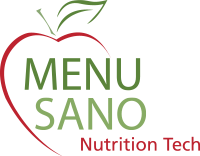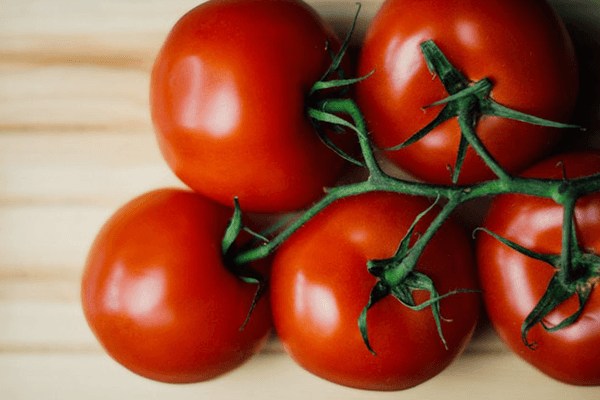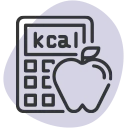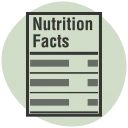In this day and age, there are multiple vitamins which help with strengthening bones and eyesight or provide additional fuel to the body. Sometimes it can be hard to incorporate all the appropriate vitamins and minerals in our diet, so we resort to supplements as well. There are a lot of different types of vitamins and they all serve their own role.
Here is a simple guide to the different types of vitamins.
Fat-Soluble Vitamins:
These vitamins bind to fat in the stomach and is then stored in your body for later use. Examples of these vitamins are A, D, E and K.
Water-Soluble Vitamins:
These vitamins can be directly absorbed by the cells. These vitamin are biotin, vitamin C, niacin, folic acid, pantothenic acid and the four B complex vitamins. They need to be restored more frequently than the fat-soluble vitamins.
List of Vitamins
Vitamin A
This is good for healthy eyes, teeth and skin, as well as general growth and development. It can be naturally found in carrots, and other orange foods such as sweet potato, cantaloupe, melons etc.
Read more: The Ketogenic Diet: A Quick Guide
B Vitamins
This is good for energy production, immune system functions and iron absorption. This group of nutrients can be found in whole unprocessed foods such as whole grains, bananas, potatoes, beans, yeast etc.
Read more: Effects of Cold Storage on the Nutritional Value of Supermarket Foods and Vegetables
Vitamin C
This is good for strengthening blood vessels and for giving skin its elasticity, as well as iron absorption. This can be found in oranges (the most obvious one), as well as guava, red and green peppers, strawberries, kiwi and grapefruit.
Vitamin D
This is a contributing factor to strong and healthy bones. You can get this by spending a few minutes in the sun, or in foods such as eggs, fish and mushrooms.
Read more: Plant-Based Eating isn’t a Fad: How your Restaurant can Cater to this Trend
Vitamin E
This is good for blood circulation and protection from free radicals. A great source for vitamin E is almonds. You can also get it from nuts, sunflower seeds and tomatoes.
Check out: November 10 Live
Vitamin K
This is good for blood coagulation (the process of how your blood clots). A great source of this are leafy greens such as kale, spinach, brussels sprouts and broccoli.
Folic Acid
This is good for cell renewal and for preventing birth defects in pregnancy. There are a lot of natural sources of folic acid which includes, but are not limited to asparagus, citrus fruits, beans, peas, seeds, nuts and corn.
Read more: Cater to Dietary Trends Using Nutrition Analysis Software
Calcium
Calcium is good for healthy teeth and bones. The best sources for calcium are dairy products such as yogurt, cheese and milk. They can also be found in black molasses and tofu.
Iron
This is good for naturally building muscles and for maintaining a healthy blood circulation. Iron can be found in oysters, clams, soybeans, beans, lentil and spinach.
Read more: Understanding Calories
Zinc
This is good for the immune system, as well as for growth and fertility. Some foods rich in zinc are oysters, spinach, cashews and dark chocolate.
Chromium
This is essential for the function of glucose, and makes sure that each cell in your body gets the energy that it needs. If your diet consists of whole grains, fresh vegetables and herbs, then you are likely getting enough chromium.



















